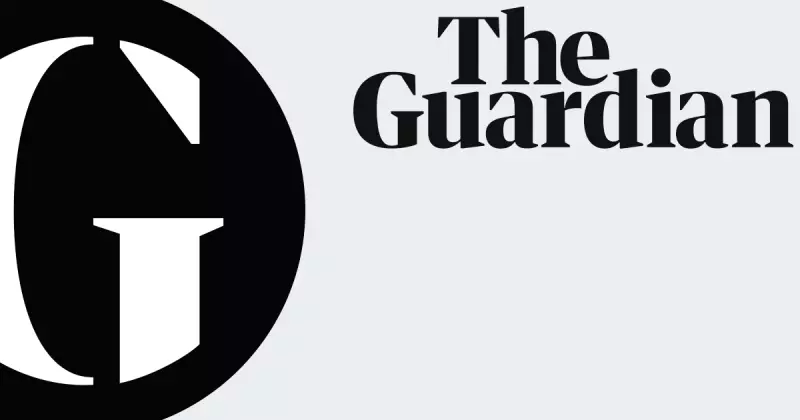
The White House has moved to defuse a significant political controversy, asserting that former President Donald Trump did not intend to suggest Democratic lawmakers should be executed for their actions.
Clarification from the Podium
During the White House briefing on Thursday, Press Secretary Karoline Leavitt addressed the uproar surrounding Trump's social media activity. She maintained that, despite the interpretation of his posts, the former president's words were not a literal call for capital punishment.
The dispute centres on a video created by Democratic members of Congress. Leavitt stated that these lawmakers had 'conspired' in their production, alleging the video encouraged active-duty military personnel to 'defy the president’s lawful orders'.
The Core of the Controversy
The incident highlights the intensely partisan atmosphere dominating US politics. Democrats have universally condemned Trump's original statements, labelling them as dangerous and inflammatory. The situation forced an official response from the White House to clarify the former president's position and quell accusations of inciting violence against political opponents.
This is not the first time Trump's rhetoric has sparked widespread criticism, but the direct invocation of punishment 'by death' marks a significant escalation, demanding a formal rebuttal from his administration.
Political Fallout and Repercussions
The immediate consequence has been a further deepening of the political divide. While the White House press secretary sought to downplay the severity of the comments, Democratic leaders have intensified their scrutiny of the Trump administration's conduct and its impact on political discourse.
This event is likely to have lasting implications for inter-party relations and raises ongoing questions about the boundaries of political speech in the United States.






